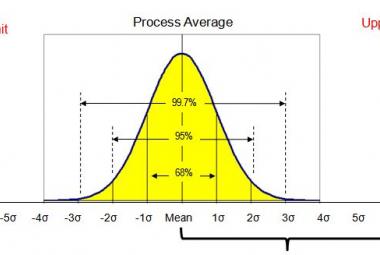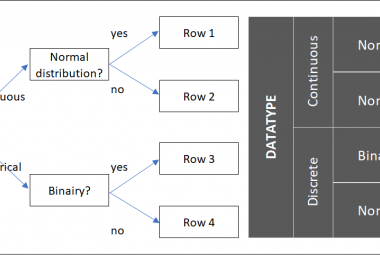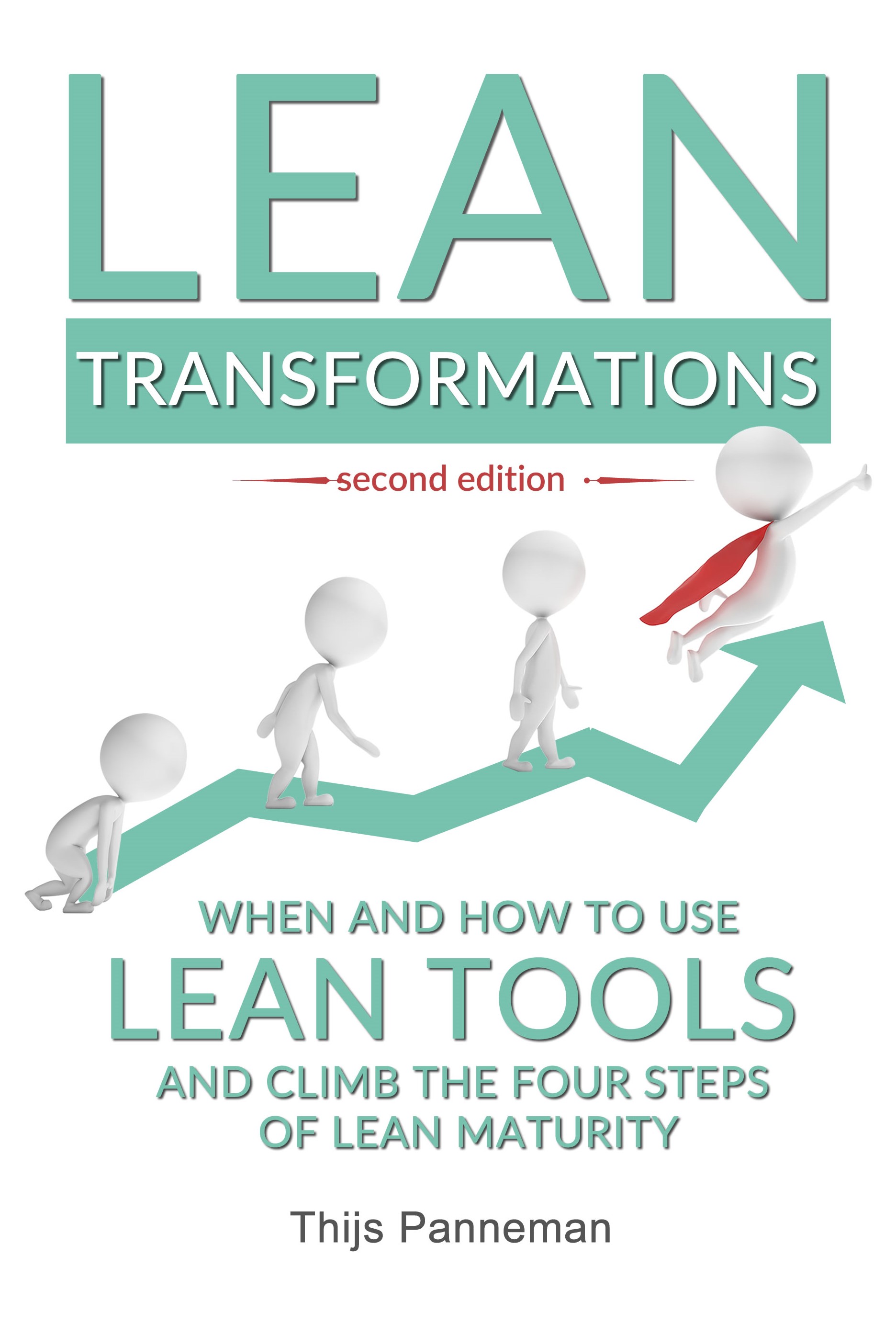 This article describes 5 reasons why projects are always delivered late: bad multi-tasking, Parkinson´s law, the student syndrome, task dependency and project management math where 2+2=5 (Elder, 2006).
This article describes 5 reasons why projects are always delivered late: bad multi-tasking, Parkinson´s law, the student syndrome, task dependency and project management math where 2+2=5 (Elder, 2006).
Delays result from bad multitasking, because we must switch between jobs, not finishing a task as soon as it is started, resulting in longer lead times for all tasks. Every time we switch between tasks, we take time to remember what we were doing, and what the next step is.
Parkinson´s law states, that the amount of work will fill the time available, which means that, even when we could deliver a task early, we will use up the safety buffer we had and still deliver the task at the deadline (if not later).
Parkinson´s law is linked to the student syndrome, where we procrastinate the task as long as possible before we start working on it. When we estimate a task to take five days and we add 3 days as a safety buffer, chances are we only start to work on the task at day 4, using up the safety buffer before we even start.
Task dependency influences the delivery of a project in a way that one early task in the critical path of a project does not influence the project completion date, but one late one probably will.
Finally, there is the 2+2=5 rule, which states that when two people perform two sequential tasks that both take 2 days, the sum of tasks takes longer than the sum of the durations. The hand-over of the tasks, short discussion, preparation of the second person before starting on the task delay the task.











